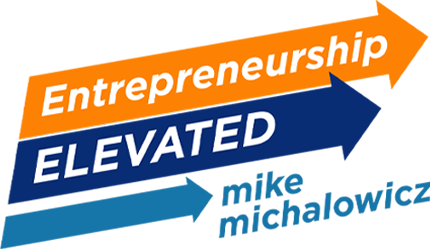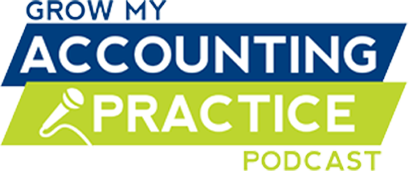More people buy my books after I speak, than before. It’s what you would expect, of course. But why is it?
The same number of people are there before and after the event. The books are on display before and after. Almost all the attendees know who I am already (thanks to the event flier). So why don’t they buy the books before I speak? After all, there isn’t a line.
Many selling principles come in to play here. Social proof, reciprocity, recency effect, scarcity, sampling effect, and the loss effect, to name a few. Of all these, loss is the strongest motivator triggering the after-event purchases.
If the audience feels that my presentation brought value, they are acutely aware they may lose some of the new found knowledge. Maybe they missed an important note. Maybe they misheard something. To prevent the loss of knowledge, some are compelled to buy a book.
Your audience (prospects) are the same. They will always take actions to prevent loss. So stop telling your prospects what they will gain by buying your thing, start telling them what they will lose should they not buy it. You’ll sell more and they will be better served.










